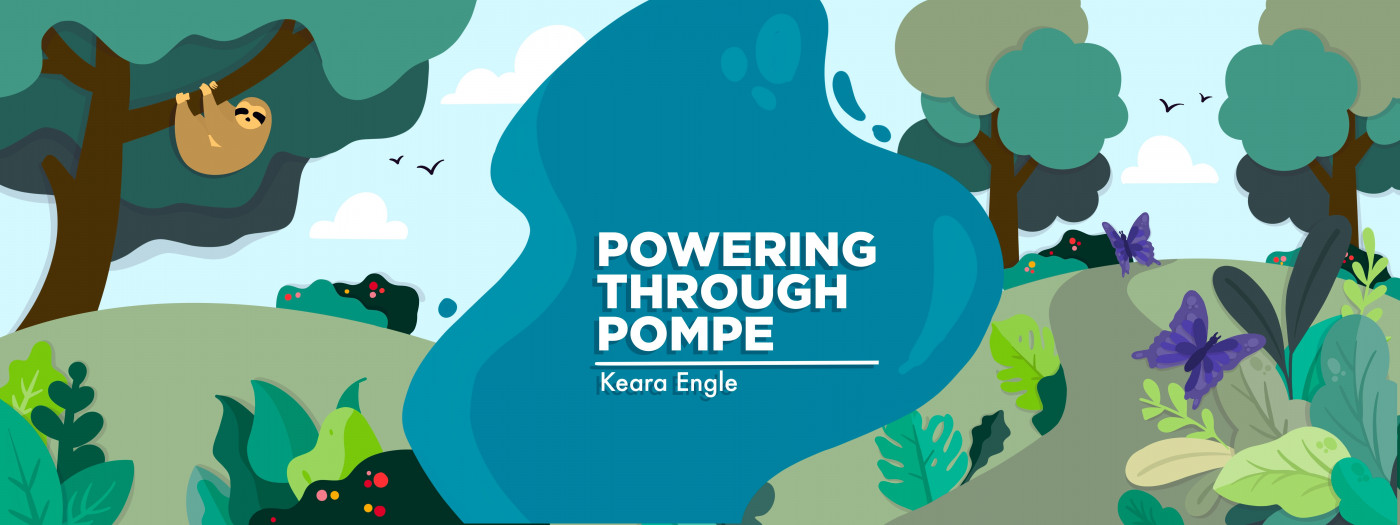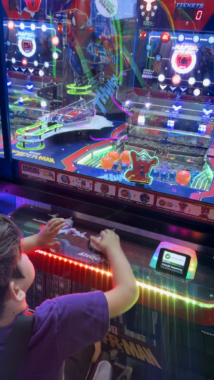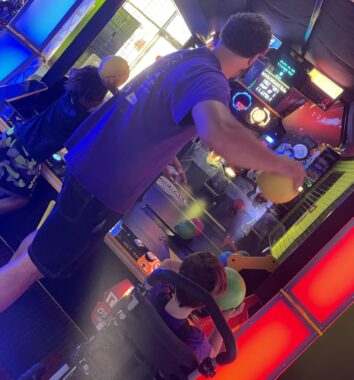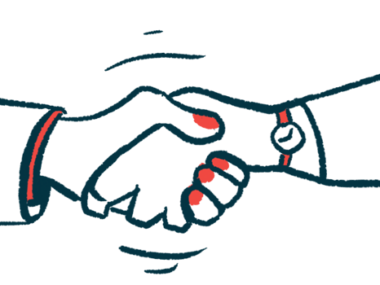A summer family trip to the video arcade was a big win for all
My son, who has Pompe disease, easily navigated the venue and participated
Written by |

This summer, I’ve been trying to find fun activities to do with my children. One of our most recent adventures was a trip to the arcade. My 6-year-old son, Cayden, who has infantile-onset Pompe disease, really enjoyed himself, as did his 18-month-old little brother, Kyree. My boyfriend and younger siblings went along as well. It was nice to spend time with everyone, and it’s safe to say that we all had a blast.

Cayden Camacho enjoys playing a Spider-Man arcade game during a family outing this summer. (Photo by Keara Engle)
One thing I was a bit worried about was the arcade’s accessibility. These places tend to be a bit crowded with all of the games and people. But I found the building easy to navigate, even with Cayden’s wheelchair. There were a few tight corners, but nothing too crazy. Everyone, including the children there, stepped aside when they saw me pushing Cayden around so that we had space to pass.
Aside from the accessibility issue, I was worried there wouldn’t be much that Cayden could do with ease. His muscles are weaker than most children’s his age, and sometimes he can have a bit of a hard time pressing buttons. But he works on challenging tasks with his occupational therapist, and all that hard work has paid off!
When we walked into the arcade, Cayden spotted a Spider-Man game. He squealed with excitement and was eager to play. The game required him to push a button that would shoot out coins, with the goal of hitting the target with the highest points. To my surprise, Cayden ended up winning big and hitting the target that gave the maximum number of game tickets. He was so proud of himself, and I was, too! He played about three more times before moving on to another game.
Next, he wanted to play a dodgeball game with my younger brother, LJ. The game required the players to throw the ball pretty far. That was a bit challenging for Cayden, but he tried his best. Although he didn’t hit any targets, he was still happy just to be playing. I enjoy watching him play with LJ. They’re only 15 months apart, and they’ve been best buddies since the day I brought Cayden home from the hospital.

From left, LJ; Frankie, Keara’s boyfriend; and Cayden play a dodgeball game at a video arcade. (Photo by Keara Engle)
The boys also played a zombie game together. I helped Cayden get all of the zombies, and we ended up winning! He was eager to rub it in LJ’s face that he’d won (in a playful way, of course). I enjoy seeing them joke around as little boys do. It’s cute and funny.
At the end of the outing, the kids put all of their tickets together and then split them up so they could each pick out a prize. Cayden didn’t realize that would happen, and he was pleasantly surprised. He picked out a bouncy ball and a toy dinosaur, which he ended up sharing with Kyree out of his own generosity.
All in all, I think the arcade was a hit. It’s something we’ll have to do again soon. It makes me happy to see Cayden enjoying himself. He’s been through so much in his short lifetime because of Pompe disease, but he still finds ways to have fun, even from his wheelchair!
Note: Pompe Disease News is strictly a news and information website about the disease. It does not provide medical advice, diagnosis, or treatment. This content is not intended to be a substitute for professional medical advice, diagnosis, or treatment. Always seek the advice of your physician or other qualified health provider with any questions you may have regarding a medical condition. Never disregard professional medical advice or delay in seeking it because of something you have read on this website. The opinions expressed in this column are not those of Pompe Disease News or its parent company, Bionews, and are intended to spark discussion about issues pertaining to Pompe disease.




Leave a comment
Fill in the required fields to post. Your email address will not be published.